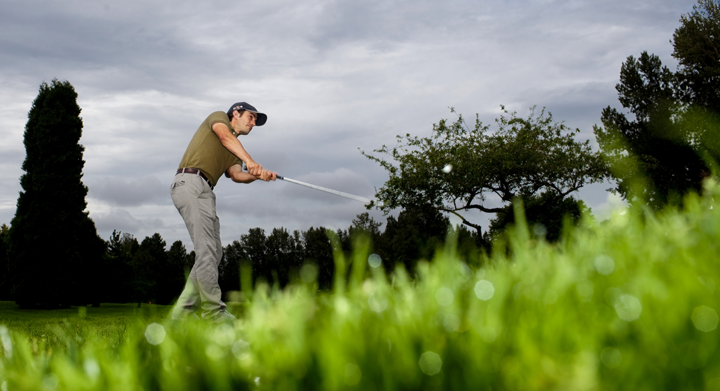10,000 hours. 416 and two third days. That’s how long it takes to become prodigiously good at whatever it is you do. Malcolm Gladwell, who wrote tipping point – a book focused on what it takes to get an idea to the point of zeitgeist or epidemic. I enjoyed Tipping Point, so I’m glad to hear Gladwell’s new book is out. It’s called Outliers
– a book focused on what it takes to get an idea to the point of zeitgeist or epidemic. I enjoyed Tipping Point, so I’m glad to hear Gladwell’s new book is out. It’s called Outliers
I plan to get a hold of it for some light holiday reading – but in the meantime there’s this idea in there that I found quite interesting. Here’s a review on the chapter in question from the simple dollar (which is a pretty useful blog in its own right).
The 10,000 Hour Rule
Here, Gladwell continues with the birthdate theme, but argues that sometimes the year is important. Gladwell gives two examples: the generation of “robber barons” (Andrew Carnegie, John Rockefeller, and so on) who were all born in the 1830s, and the generation of computer entrepreneurs (Bill Gates, Steve Jobs, and so on) who were all born in the 1950s. Sometimes, it requires being born in a certain period to have the opportunity for exceptionalism.
The more important (and interesting) part of the chapter, though, discusses the huge role that nearly-obsessive practice plays in making people great. Gladwell uses The Beatles and Bill Gates as examples here, showing how they both were able to take advantage of stupendous amounts of practice time to become very, very good at what they did. In each case, Gladwell estimated that it took 10,000 hours of practice for those individuals to hone their natural raw talents and become world class – roughly ten years of multiple hours of practice (3 or so on average) every single day. Gladwell offers many other examples of how this practice pays off, but that magic number of 10,000 hours pops up again and again.
I’m not sure I’ve spent 10,000 hours on anything. And I’m not sure what I’d like to spend 10,000 hours on. Any ideas?
